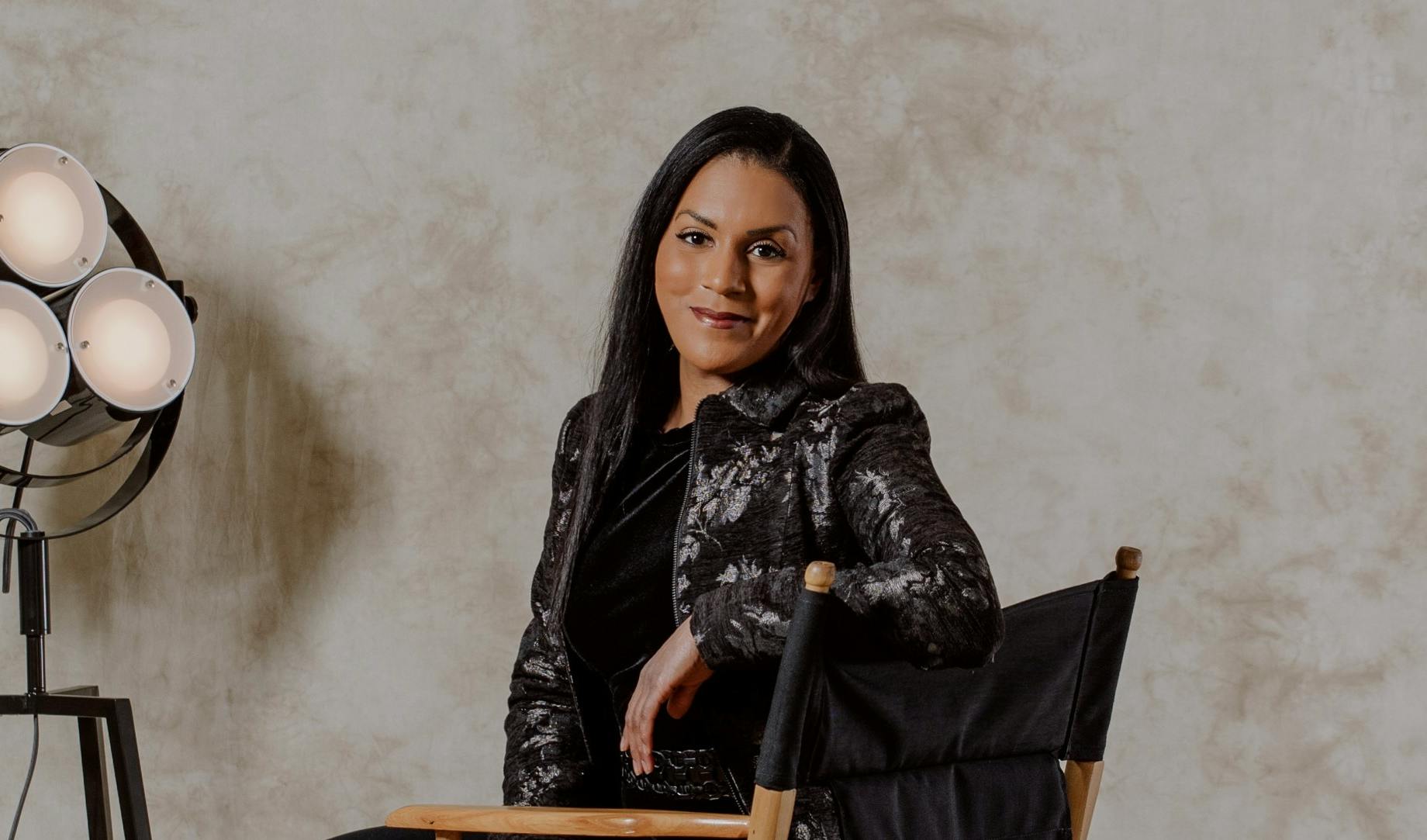
Taking on a first NED role | Gary Withers, new NED at Gulf International Bank
Gary Withers, former CEO at Whitehelm Capital and recently appointed to the Gulf International Bank (UK) board, shares his key insights on what it takes to be a NED.
Gary Withers has just been appointed to his first independent NED role - on the Gulf International Bank (UK) board- after an impressive corporate career starting at McKinsey before helping Mercury Asset Management become the top performing asset manager in Europe for five years and helping steer Norwich Union Life through the insurance crisis. He then joined Credit Suisse Asset Management - initially to grow the European business but that strategy changed as the financial crisis blew up, and the business was sold, but he moved to First State Investments and then successfully grew their European arm. Withers’ most recent corporate role as CEO at infrastructure manager Whitehelm Capital meant a lot of long flights - and that was one reason why Withers is now moving into the NED space for a portfolio career. Here he discusses that shift, gives advice to others considering the same move and says his international career has highlighted London’s (relative) boardroom diversity.
What made you want to shift from exec to NED roles?
It was two elements: I’d been really enjoying my board-related work in recent years - working with boards at PLC and regional levels, and as chairman or a NED for subsidiary companies - and I wanted to broaden my business thinking to more than one corporate situation. On a more practical level, I also wanted to re-balance my personal time after four years of travelling between Sydney and London as CEO of Whitehelm Capital.
What were the next steps - how did you find the NED recruitment process?
My first step was to approach headhunters. I was - and am, as I intend to take on other trustee and investment advisory roles in addition to NEDS - talking to a small number of headhunters. One of them recommended Nurole, which I found very easy to use, whilst its written questions are an efficient way of establishing the relevant experience for the role.
What are your top tips for those considering a first NED role?
Try it, particularly if you enjoy the ‘bigger picture’ items like strategy, and you are tolerant of cleaning up errors. NEDs are not for everyone, though. If your executive style is detailed and operational, then it might not be a good fit for you.
How was your first board meeting?
Enjoyable - but hard work. A little like your first day of school, there’s a lot to absorb, fast. As an executive you are immersed in the business and have time to settle in, but as a new NED there is a lot to tune into quickly.
Do you think it's better to wait until leaving executive role for NEDs, or combine an exec role?
I think a NED experience would be beneficial for most executives, it provides a different perspective and forces a more detached and delegated style. Sadly, many corporations do not support an external NED role. I hope that will change over time.
What do you know now that you wish you knew before your exec career?
Try and build a strong relationship with one of the NED’s. It needs to be personal as well as professional to enable real trust to be built.
What lessons will you take into NED boardrooms from your Norwich Union experience - managing it through insurance market crisis and equity market downturn?
The importance of being brave and open about the difficult issues. The traditional corporate approach is to deny everything, and then try and clear it up behind the scenes. That lacks authenticity and ultimately undermines the company and the industry.
And what do you think are the major skills that recruiters need to look for to prep a board for another downturn?
People with a genuine understanding of downside risk - in particular, the ability to differentiate between a sustainable business model and the successful exploitation of a long term market trend.
You've worked in the UK, Switzerland and Australia - what are the main differences in corporate landscape?
I hadn’t appreciated just how open and diverse London is for executive roles. Switzerland and Australia have strong regional identities and it was quite common for people within executive teams or with clients to know one another from school or university. That felt a bit claustrophobic. In contrast, London is more international, and at executive level, few people have lived, studied and worked their entire time in London.
Let’s finish with a few quick-fire questions...
What’s the best professional advice you’ve been given?
Don’t make decisions late in the day (unless you need to). You often see things more clearly the next morning when you have allowed your subconscious time to reflect.
What was your biggest break?
Being hired by my client from McKinsey.
What are you reading now?
Atlas Shrugged - Ayn Rand.
Favourite holiday?
Travelling around New Zealand’s South Island.
What do you do to have fun?
Get outside. Ski in the winter, golf in the summer, walk the dog year all year round.
When did you last cry?
My niece’s wedding last summer.
When does your alarm go off and how many hours of sleep do you have?
I normally wake up with the daylight, so 6am at the moment and 8 hours on average.






